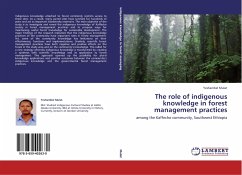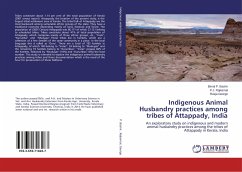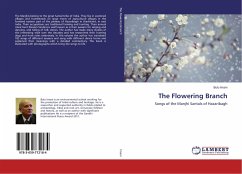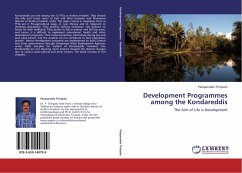
The role of indigenous knowledge in forest management practices
among the Kaffecho community, Southwest Ethiopia
Versandkostenfrei!
Versandfertig in 6-10 Tagen
36,99 €
inkl. MwSt.

PAYBACK Punkte
18 °P sammeln!
Indigenous knowledge attached to forest commonly restricts access to these sites. As a result, many sacred sites have survived for hundreds of years and act as important biodiversity reservoirs. The main objective of the study is to investigate and reveal the indigenous knowledge of Kaffecho society in forest management practices and to propose ways for maintaining useful forest knowledge for sustainable development. The major findings of the research indicated that the indigenous knowledge practices of the community have important roles in forest management. Yet, some of the community knowled...
Indigenous knowledge attached to forest commonly restricts access to these sites. As a result, many sacred sites have survived for hundreds of years and act as important biodiversity reservoirs. The main objective of the study is to investigate and reveal the indigenous knowledge of Kaffecho society in forest management practices and to propose ways for maintaining useful forest knowledge for sustainable development. The major findings of the research indicated that the indigenous knowledge practices of the community have important roles in forest management. Yet, some of the community knowledge has limitations on their effectiveness, functions and implementations. Similarly, scientific forest management practices have both negative and positive effects on the forest in the study area and on the community's knowledge. This called for a new strategy whereby indigenous knowledge is transformed by creating a synthesis with scientific knowledge and its application to forest management. This approach opened up the possibility for plural knowledge applications and positive outcomes between the community's indigenous knowledge and the governmental forest management practices.












